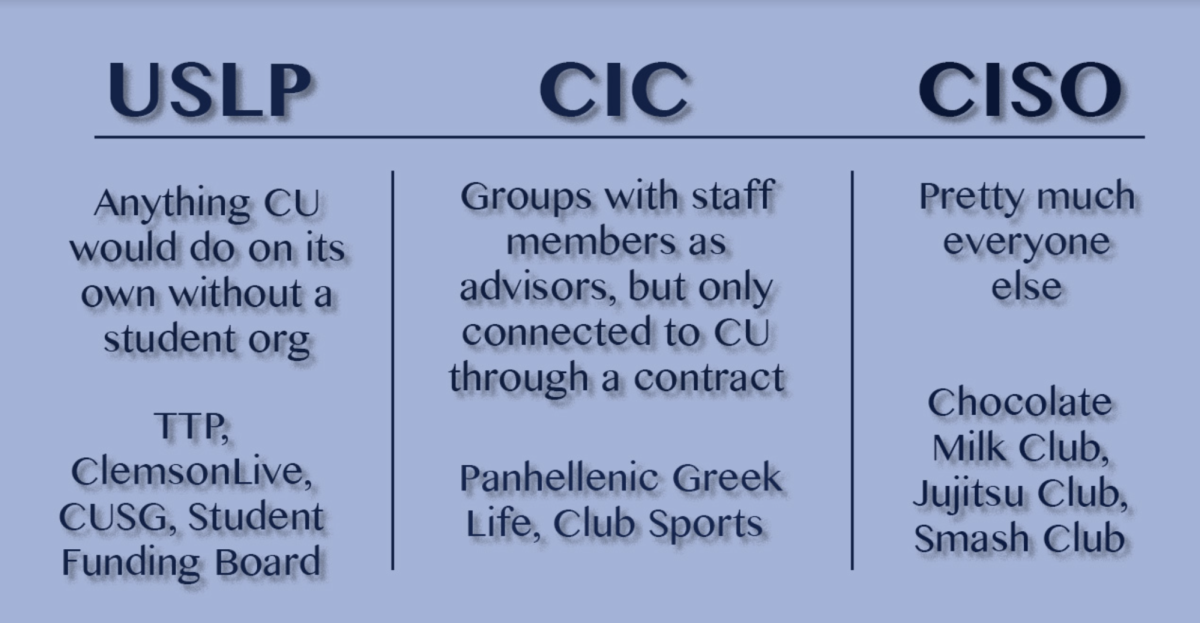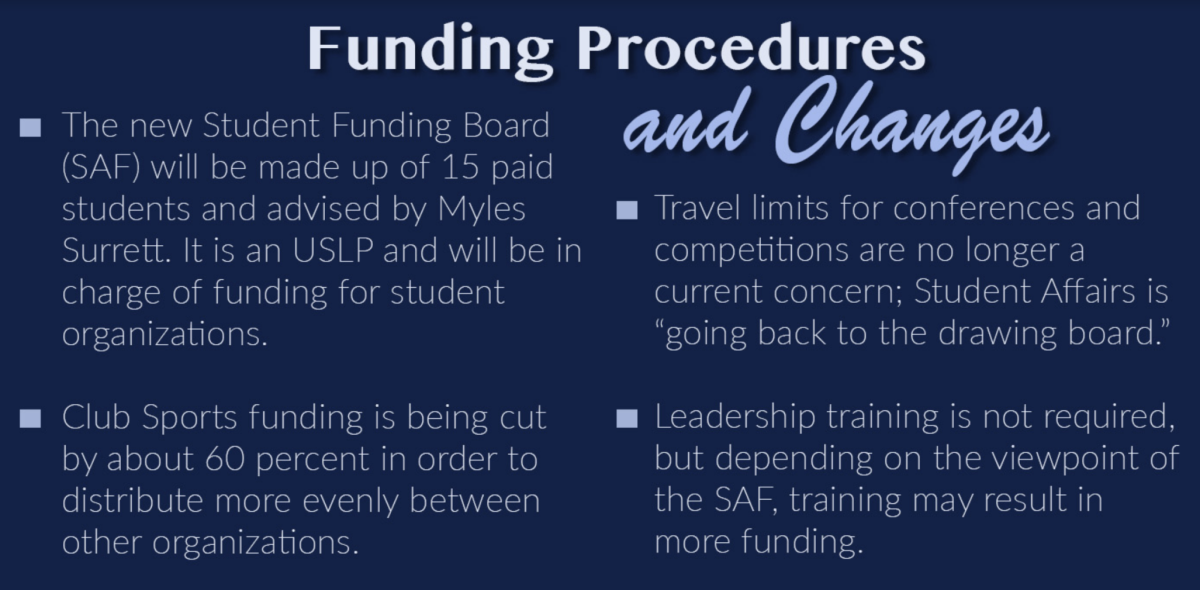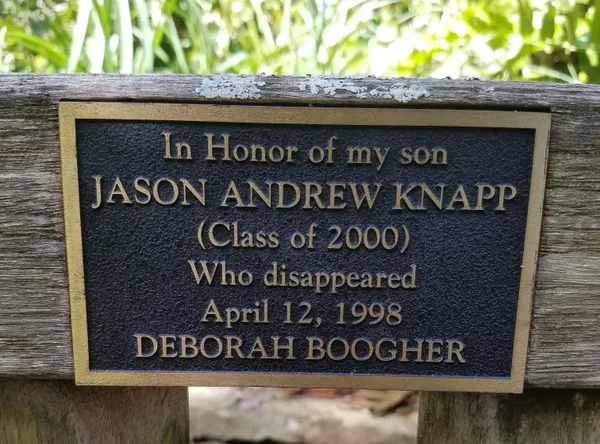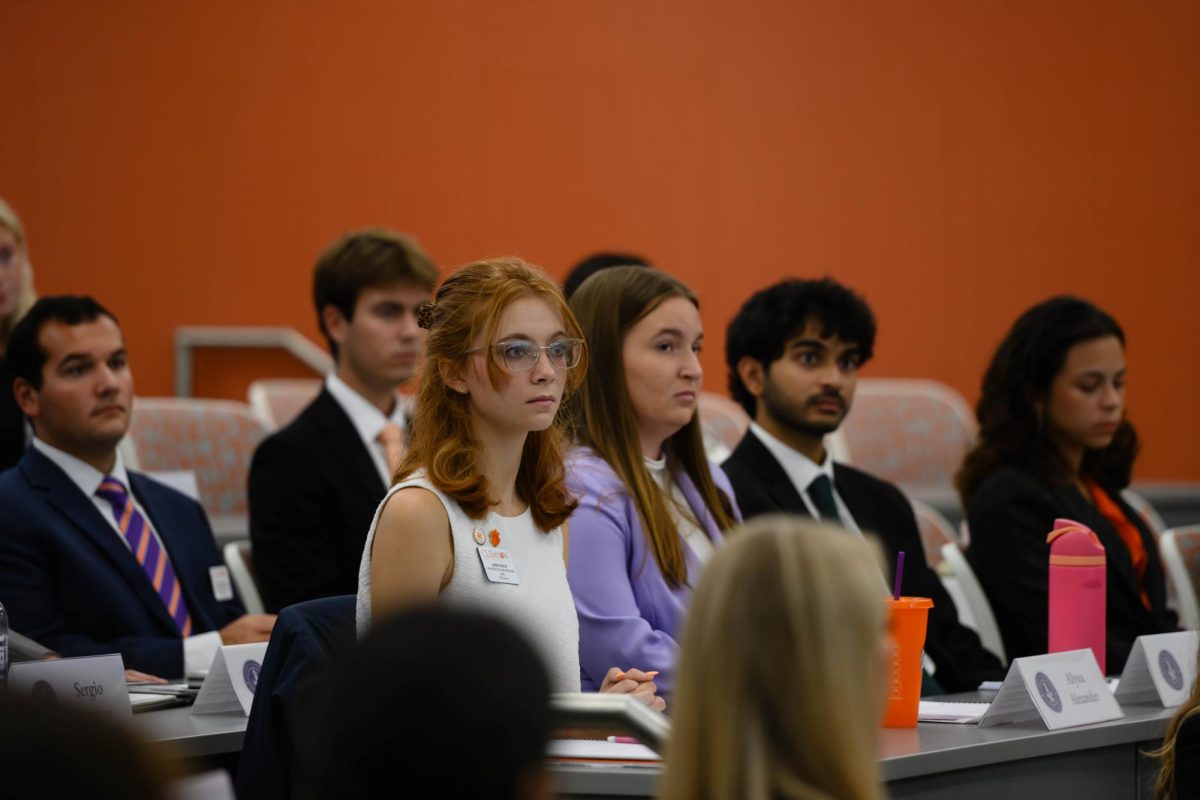At 7 p.m. on Oct. 30, Senior Associate Vice President of Student Affairs Doug Hallenbeck straightened his Clemson paw pin and strode onto stage to face the fire of countless students.
Five days prior, the WeRoar Facebook account had leaked the 14th draft of a new student organization policy that would introduce a policy in which student organizations would be grouped into tiers. Some of the procedures introduced alongside the policy included alarming rules involving limits on space reservation, Clemson name and logo usage and organization travel.
The students of Clemson, spurred on by their anger over such extreme restrictions and their disappointment at being left out of the creation and revision process, instantly rose to the occasion. CUSG put together a petition, and in only a few days, students were discussing the policy and its consequential petition in Groupmes and during study sessions. The students of Clemson felt wronged, and they wanted to be sure that the university knew it.
“The petition was created to give students an outlet to express any frustrations they may have with student organization policy situation,” Christian Jones, a senior economics major and the senate president, said. “My reading of the petition is that students are asking for a greater voice in the process and hope that their concerns are heard with regards to the organization policy.”
Apparently, the petition made sure students’ voices were being hear because on Oct. 29, the university announced two town halls would be held: one on Oct. 30 in Memorial Auditorium and the other on Nov. 1 in the Senate Chambers.
The first town hall contained outraged questions and impassioned complaints, but it was the first step towards transparency between Student Affairs and students. Particular points of tension were the required leadership training, limitations on travel funding and freedom to hold events, impacts on the current funding board and naturally, the lack of communication between Student Affairs and students whose affairs they are supposed to be managing.
Ending 90 minutes after the presenters announced the meeting would only be an hour long, Tuesday’s town hall meeting left students feeling unsatisfied and discontented. How much good could a town hall actually do? Would Student Affairs even change the parts of the policy that were obviously harming students more than helping? The trust of Clemson’s students had been broken, and they weren’t sure it could be repaired.
Two days later, the Senate Chambers found itself filled, students occupying chairs, the floor and doorways. It was clear the people in charge of planning this town hall were not expecting such a turn out.
Hallenbeck began by presenting the same PowerPoint he had with him during the first town hall. It was repetitive but necessary, especially when several interesting changes appeared on the slides shown and in the words Hallenbeck said.
The first notable change had to do with leadership. Leadership training through the Certified Student Leader Program (CSL) was no longer required for registration nor funding. The Student Funding Board (SAF) might look more favorably upon organizations with members who have completed the training, but no longer would smaller clubs have to scramble to find members with the free time and drive to take part in the CSL Program.
Next came an even greater relief for the students in that room: the funding limitations on travel and other events or activities were no longer active. Student Affairs that they “were going back to the drawing board” for the funding procedure and in one fell swoop, they eliminated a large portion of the questions that students had prepared.
Another piece of good news came when Josh Barnes, the director of student activities, announced that though the very word “Clemson” is copyrighted, student clubs and organizations have permission to use it in their names. Organizations such as Clemson Miracle and Clemson Fencing would no longer have to search for new names.
These steps taken by Student Affairs acted as an olive branch, and the remainder of the town hall was a much more respectful and calm gathering than what had occurred during the first meeting. The university had heard its students, and clearly, they had actually listened to what was being said.
Though the overall mood of the meeting contained a newfound sense of trust, there were still issues raised about a few of the procedures. Many students were disappointed or upset after finding out that funding for Club Sports would be cut by about 60 percent, and many concerns were raised about how that might impact equipment-based organizations.
Questions about funding clarifications were unable to be accurately answered, and inquiries about how much leadership training will impact funding received similar answers. The details of the funding procedures are unclear, but that will change as Student Affairs works to redo the processes while engaging with students and listening to their input. Some details, however, will remain unclarified until the SAF is formed and the members make some decisions of their own.
On Nov. 2, the current policy draft, updates according to student feedback and the presentation from the town hall meetings were uploaded to TigerQuest. A link to a form for feedback and a calendar for one-on-one meeting times were also made available. As the student body works to inform itself, make its voice heard and communicate Student Affairs, it is crucial to stay up to date on developments.
The SAF, when it comes into being, will undoubtedly have a large amount of power, and just as Clemson students have worked to hold Student Affairs accountable for keeping the new policy a secret for so long, they must work to ensure that the SAF works in the best interest of all students. Hopefully, a problem similar to the one seen this past week will not occur again; Hallenbeck himself confirmed that the university does plan on involving and informing students at the beginning of next grand policy change that might take place.
The Tiger has always roared for Clemson, and it is proud to have roared alongside the students this past week. Hopefully, this has served as a lesson in transparency and involvement for the university, and the Clemson community will be able to evolve and grow from here forward.
Highlights of the proposed funding procedures and changes










